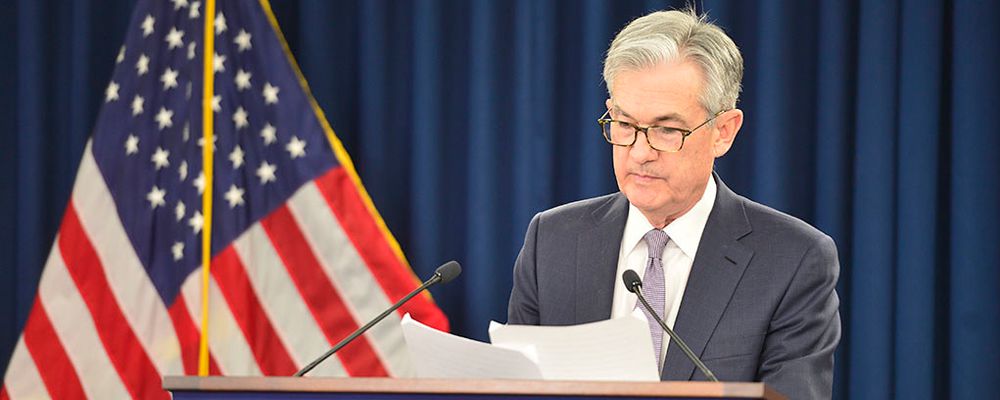Early 2021 has been a tough period for fixed income investors.
- Tuesday, April 27, 2021

Quarter one was a tough period for fixed income investors and particularly for government bond holders. Yields rose in most government bond markets as the roll out of vaccines improved the chances of an economic recovery soon than previously expected. The yield rises were biggest in the US and UK as they are making the greatest progress.
Bond yields have therefore been in focus in the past few weeks as the US 10-year treasury yield rose to 1.75% on market expectations over US inflation and the Federal Reserve expected policy towards containing inflation.
While bonds yields have risen since the start of the year, in recent weeks some stability has occurred and yields fallen to under 1.6%. However, risks remain that US bond yields will be forced to rise as the year unfolds and this will then challenge both bond and equity markets.
The easing of nerves over inflation is perhaps a small victory for the Fed as it did not react to the original 10-year treasury yield spike and stood by its policy to only intervene once the recovery sees the US unemployment rate fall back to its pre-pandemic levels and only withdraw support when a sustained growth path is achieved.
The Fed has been clear that its monetary policy will be accommodating for the foreseeable future but observers are expecting inflation to cause policy makers to tighten sooner than they may want to. A lot will depend upon whether the Fed will stick to its policy that price rises expected this year may prove to be only transitory and not lead to structural inflation with excessive wage demands. Every sign so far is that Jerome Powell and Janet Yellen will stick to their policy and look at employment rates before prices.
There is evidence that price rises have started to emerge. Annual US inflation was recorded as 2.6% in March. This is a significant rise from February’s 1.7%. This increase was however a result of oil prices which 12 months ago were exceptionally low. If oil and food were taken out then the ‘core’ inflation rate has not moved very much. The general feeling is that the US is heading for inflation over its 2% target. The market focus is firmly on the Feds outlook and its ability to navigate the difficult challenges of managing impending inflationary pressure while maintaining low interest rates.
From a portfolio point of view, we are conscious of the impact of rising yields will have on bond prices and particularly longer dated credit. We moved out of the majority of our long-dated credit in Q1 but wish to now reduce our exposure further to US and UK government bonds and move our fixed interest holdings to short dated high yield and index linked credit as this will cope with any future rises in bond yields better. We will maintain our strategic bond holdings.
The position over emerging market credit is more complex due to currency fluctuations, rising inflation and Covid infection rates. Higher US yields will put pressure on emerging market bond yields to also rise and result in a fall in prices.

Chris Davies
Chartered Financial AdviserChris is a Chartered Independent Financial Adviser and leads the investment team.
About Estate Capital
Financial Services
Our Contacts
7 Uplands Crescent,
Swansea, South Wales,
SA2 0PA.
Tel: 01792 477763
